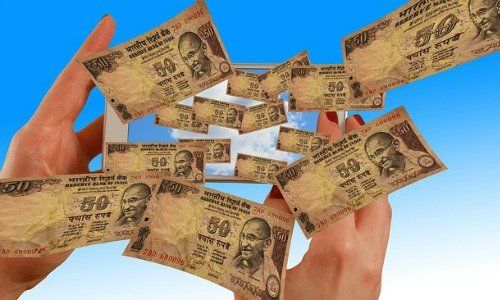Whatsapp Payment In India Gains Market Share
WhatsApp's mobile payment solution in India has gained popularity during its trial, thanks to its multiple language offerings.
Since May last year, millions of Indians in Mumbai have tried out the payment solution on WhatsApp, owned by Facebook. Analysts say that WhatsApp’s willingness to provide these services in 13 major languages in India has played a role in bringing digital payments even to villages.
Currently, the app offers ways for small business owners to exchange bills, receipts and payment confirmations with customers and suppliers. Once bank details are saved, one can simply message another person for the amount to be transferred immediately.
«It has really reduced the friction. I just tell people to WhatsApp me, which is easier for them than carrying exact change, too,» said a home baker, who was quoted in Financial Times (behind paywall). She added that around 15 of her customers were paying her through WhatsApp regularly, accumulating Rs25,000 ($356) through the platform in six months.
Valuable Data
For WhatsApp, the payments trial in India yields valuable data of how people are spending their money. This will then allow the company to offer customised financial products and services later on.
Since WhatsApp began testing its payments feature in February last year, it has processed about a million transactions a month, according to the Financial Times report, citing people close to the National Payments Corporation of India (NPCI), the umbrella organisation for all payments and settlements companies. WhatsApp Pay is facilitated by the Indian government’s secure UPI payments system.
Ire of Regulators
The company however, has run into headwinds as it tries to extend the service nationwide. Regulators had demanded that its payments data be processed in India, rather than on Facebook’s servers in California. Despite several meetings between Chris Daniels, WhatsApp’s chief executive, and India’s central bank governor last year, the two has not reached an agreement.
Separately, the firm faces a potential ban in the country if it does not fix the issue of fake news in the country, according to India Times.






















